The controversial “Great Outdoors Initiative” aimed to transform Florida’s state parks by introducing development projects like 350-room hotels, golf courses, and pickleball courts.
This plan, however, was met with substantial backlash from Republican senators Marco Rubio and Rick Scott, who criticized it as “absolutely ridiculous” in a joint letter.
Republican Leaders React
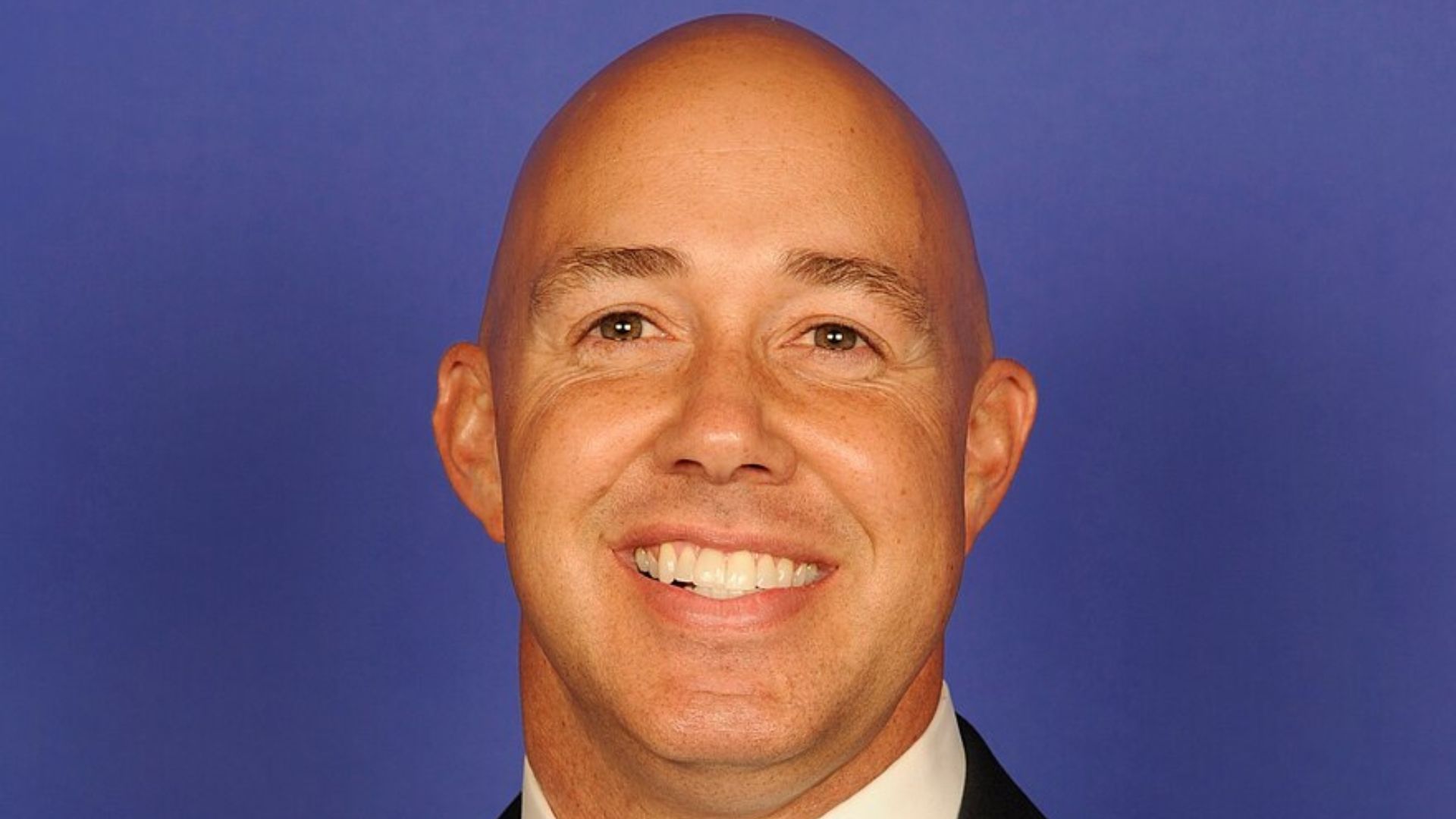
Republican congressman Brian Mast responded fiercely to the proposal, asserting it would happen “over my dead body.”
This strong opposition marked a significant shift as Mast, along with other Republican leaders, began to publicly challenge Governor Ron DeSantis’s previously unopposed policy directions.
No-Bid Contracts and Secrecy in Planning
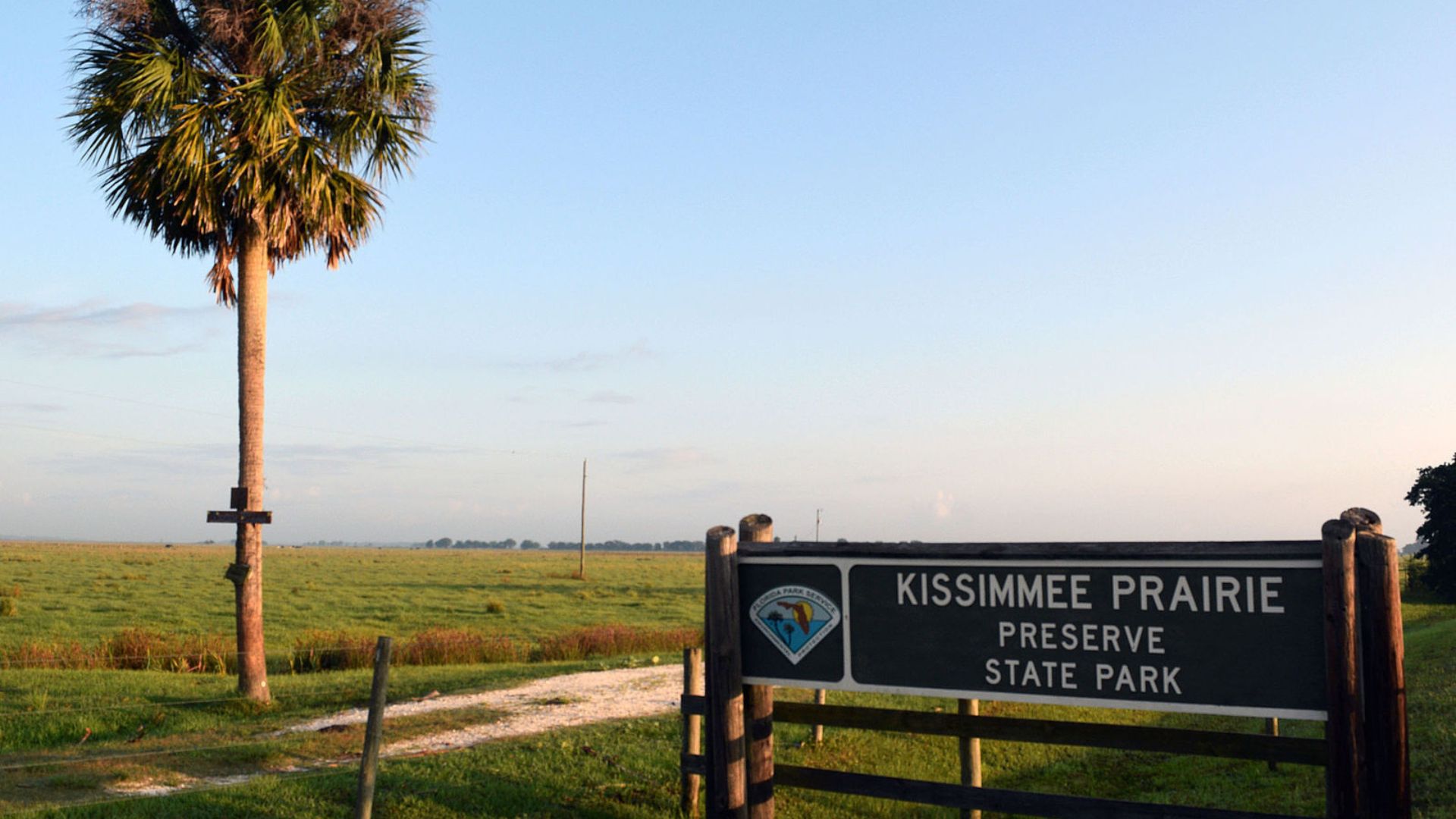
The development plans for the initiative were revealed to have been drawn up secretly, involving no-bid contracts which were set to favor pre-selected developers, bypassing Florida’s legal requirements for public procurement.
This lack of transparency in the planning process contributed to the growing discontent among Republican allies and the public alike.
Environmental Concerns Drive Opposition

Environmental advocates were particularly vocal, as the planned developments threatened habitats of species like the Florida scrub jays and gopher tortoises.
Their response highlighted a broader concern about the irreversible impact on Florida’s unspoiled acres at nine state parks, leading to widespread protests and activism.
Political Repercussions for DeSantis
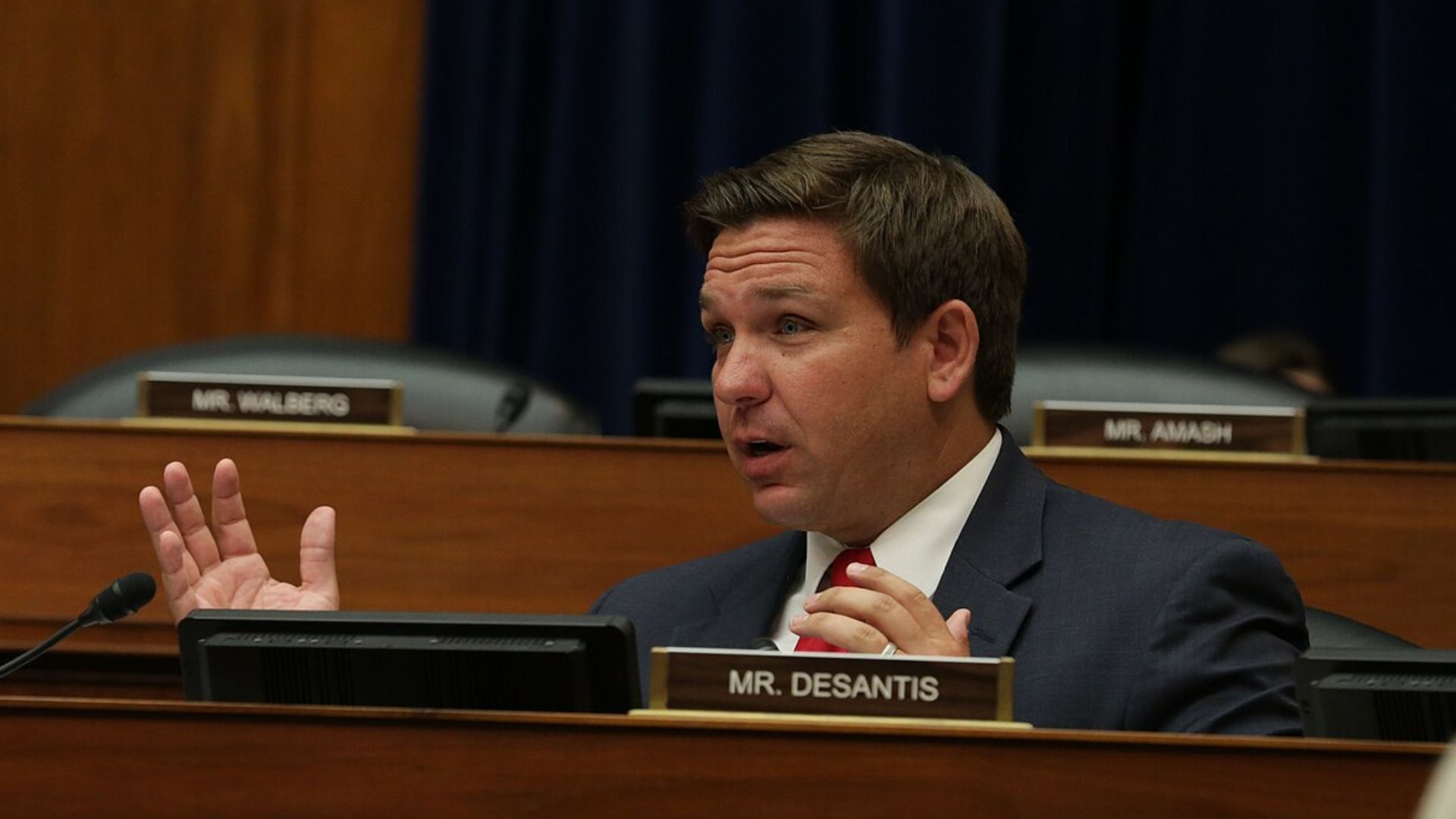
Observers noted that this initiative could be a major political misstep for Governor DeSantis.
His administration’s push to advance these development plans without broad consultation seemed to alienate even his staunchest supporters, indicating a potential shift in his political fortunes.
DeSantis Administration Retreats
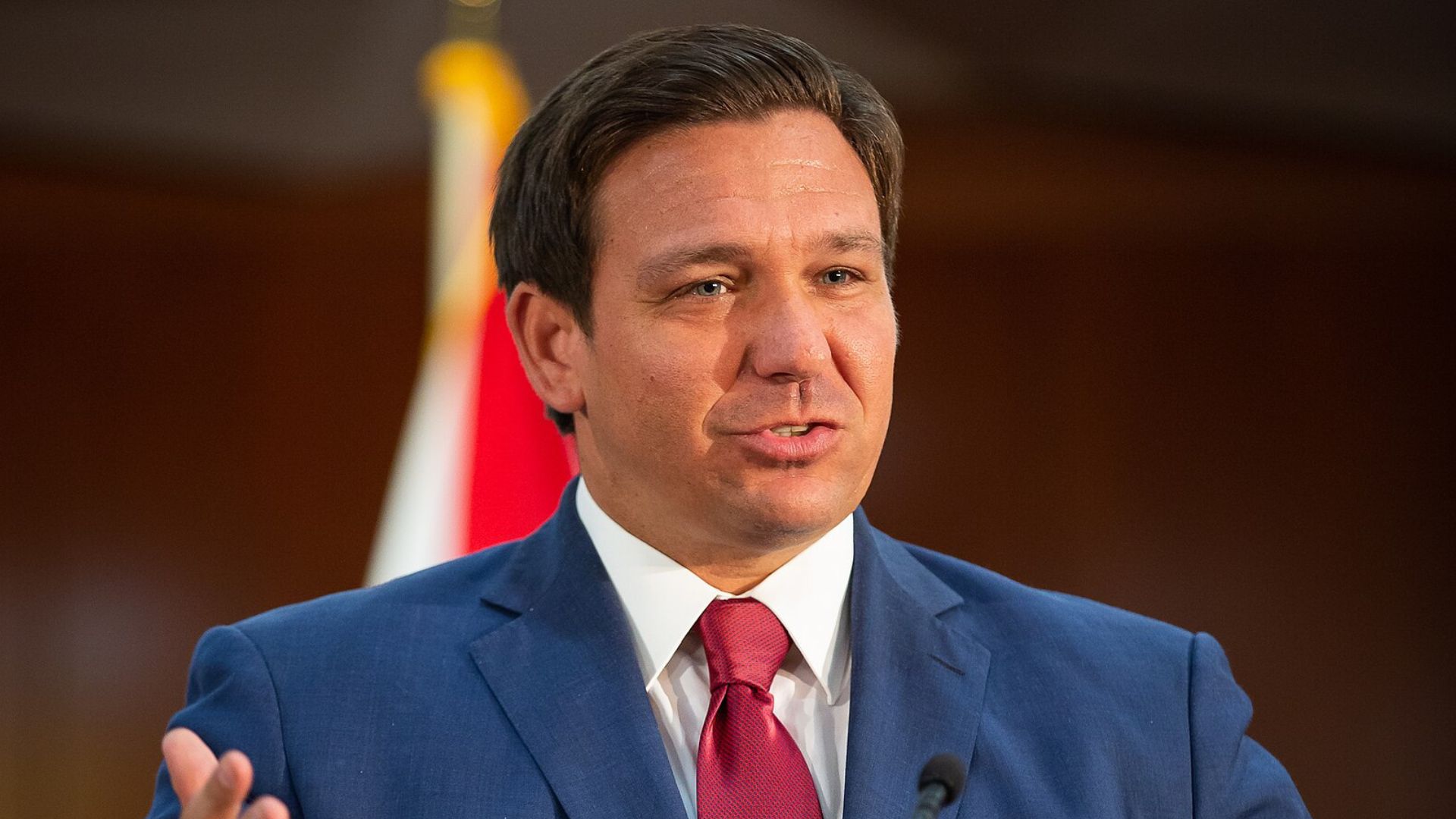
Following the intense backlash, the DeSantis administration was forced to reconsider its approach.
The governor admitted the plans were “half-baked” and not yet “ready for prime time,” signaling a rare retreat in response to the wave of criticism.
DeSantis Denies Prior Knowledge of the Initiative
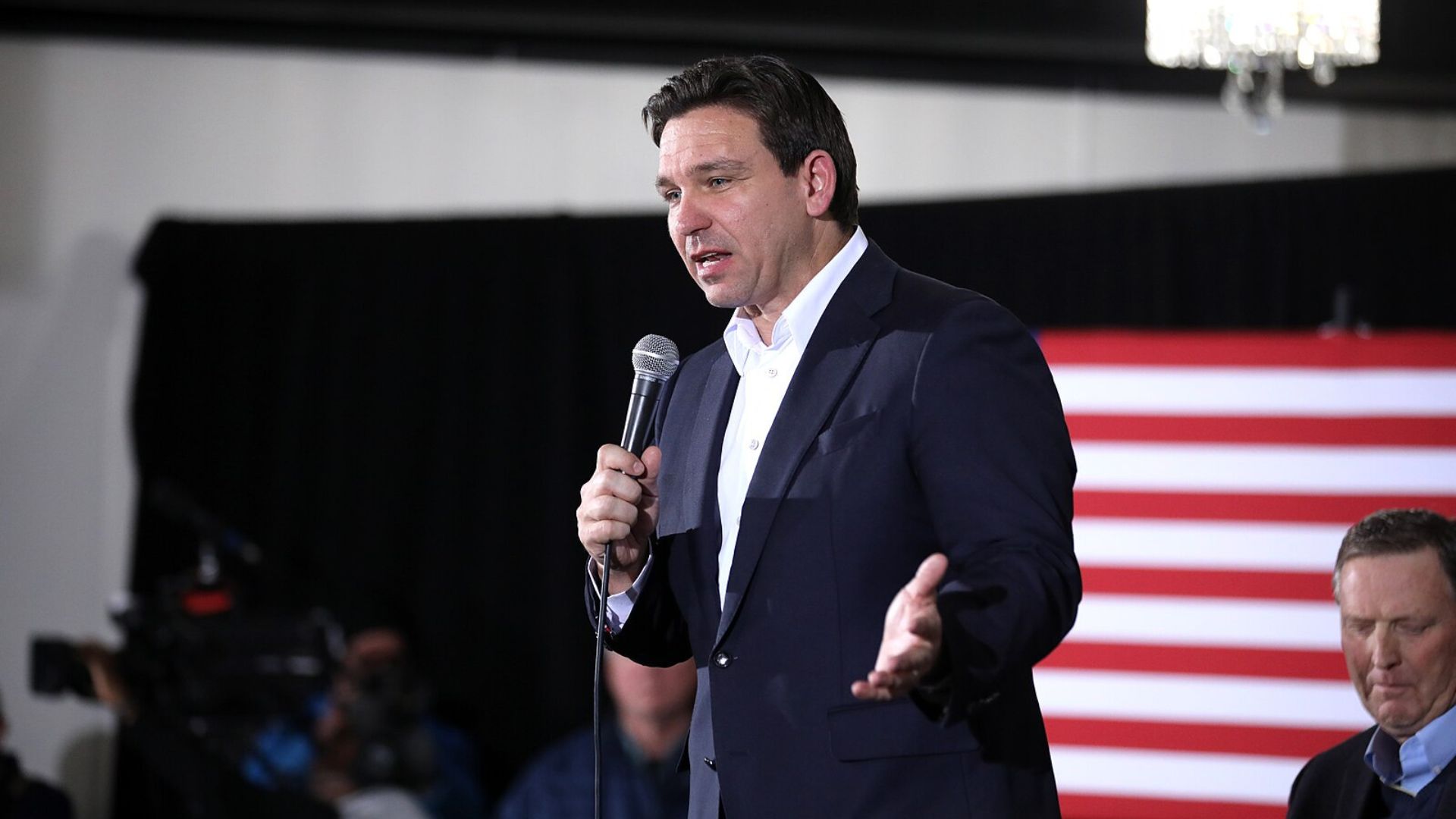
Governor DeSantis later claimed that the initiative was “leaked” and that he had not approved it, suggesting an attempt to distance himself from the fallout.
He stated, “This is something that was leaked. It was not approved by me, I never saw that. It was intentionally leaked to a leftwing group to try and create a narrative.”
Media Questions DeSantis’s Political Grip
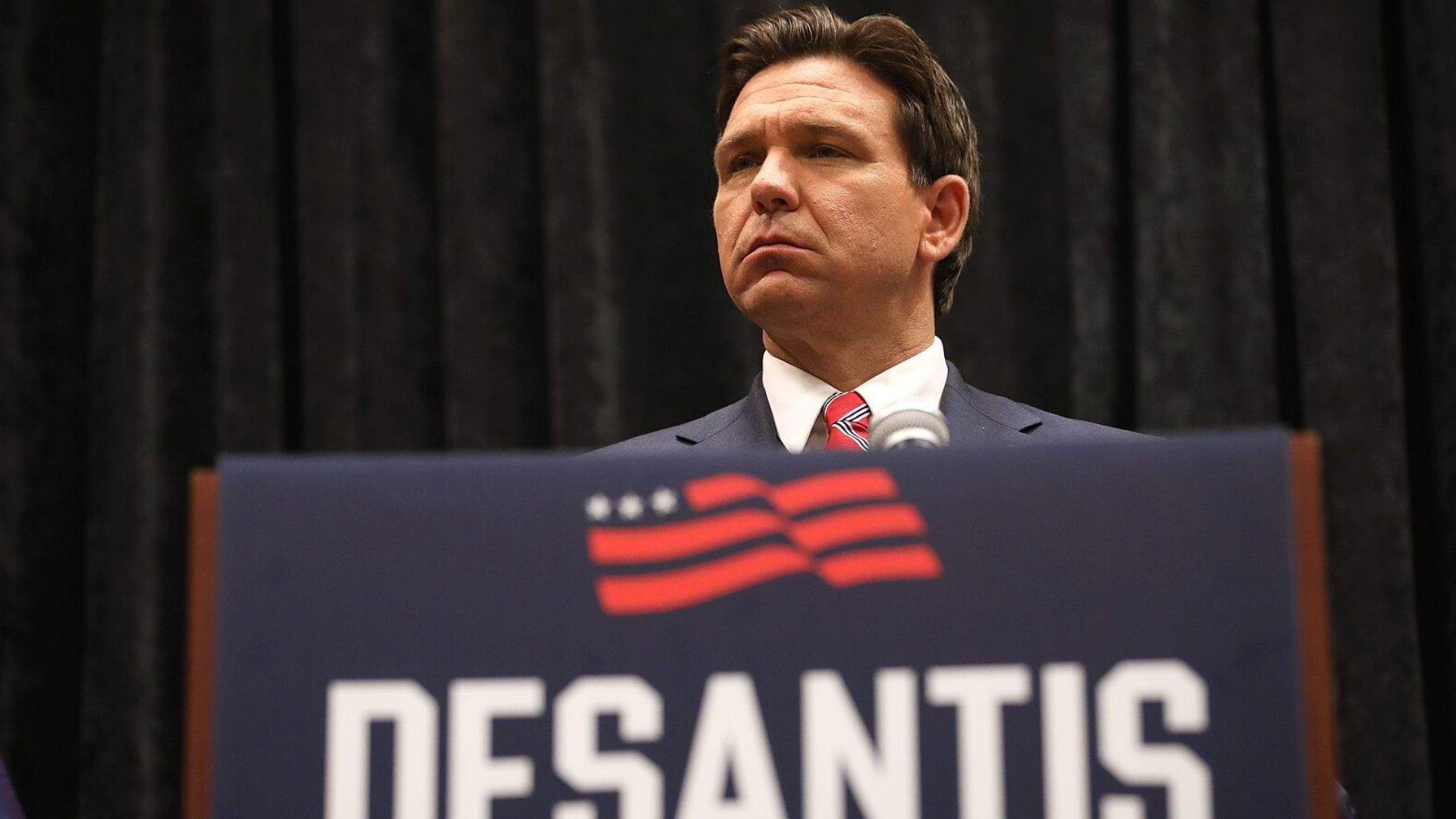
Following the controversy, media outlets began to speculate about the stability of DeSantis’s influence over Florida politics.
This incident exposed vulnerabilities in his leadership, previously unseen, prompting discussions about his ability to maintain control within the Republican Party.
Expert Analysis on Political Implications
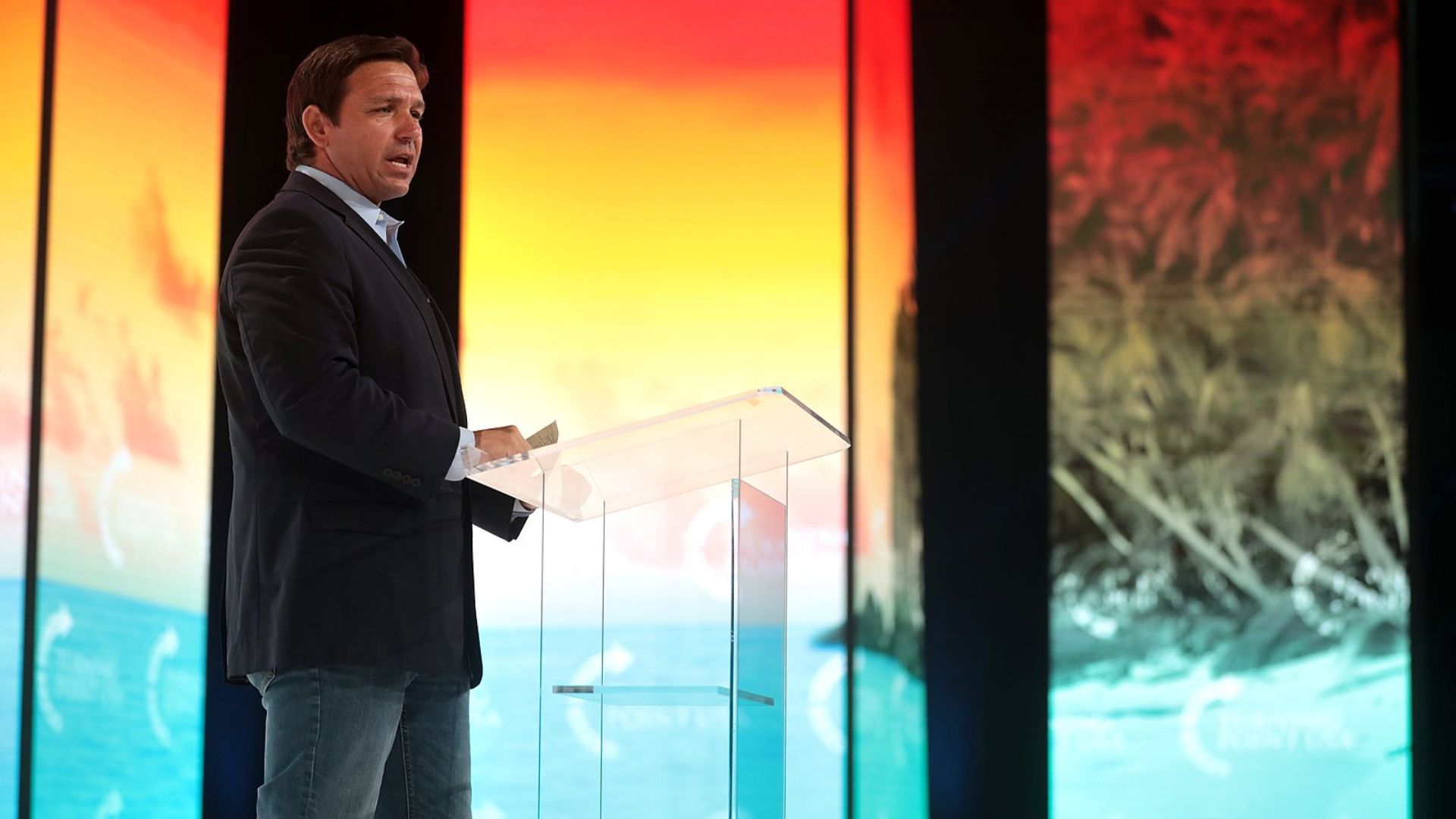
Aubrey Jewett, a political science professor at the University of Central Florida, commented on the broader political implications, saying, “This was a totally self-inflicted political wound, a political error by Governor DeSantis and his administration.”
Jewett highlighted the misjudgment in pursuing a widely unpopular policy.
Changing Tides in Republican Support
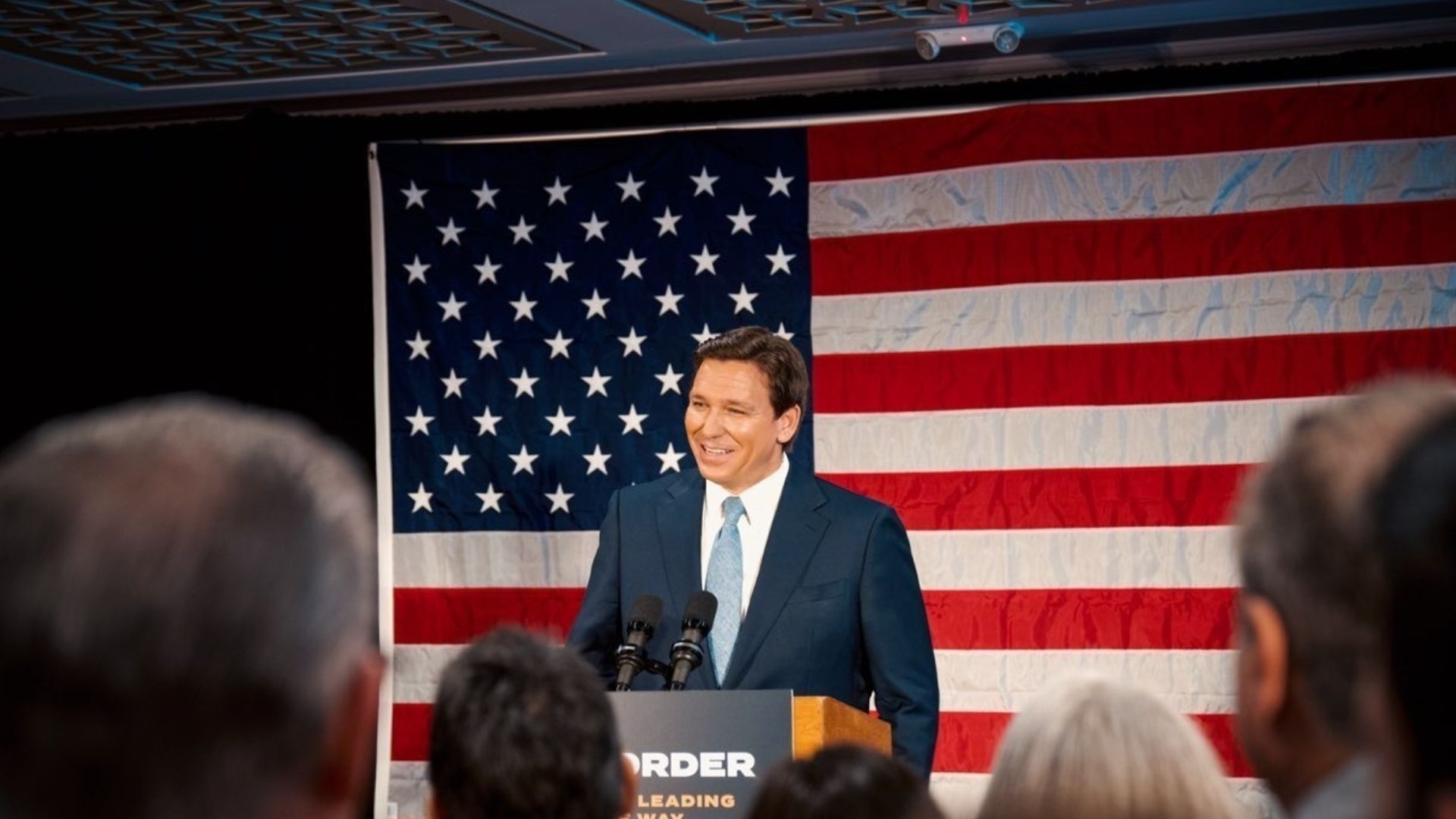
The fallout from the initiative revealed deep fractures within the Republican Party’s support for DeSantis.
Many long-time allies began to publicly oppose his leadership, suggesting a shift in the political dynamics within the state.
DeSantis Addresses the Criticism
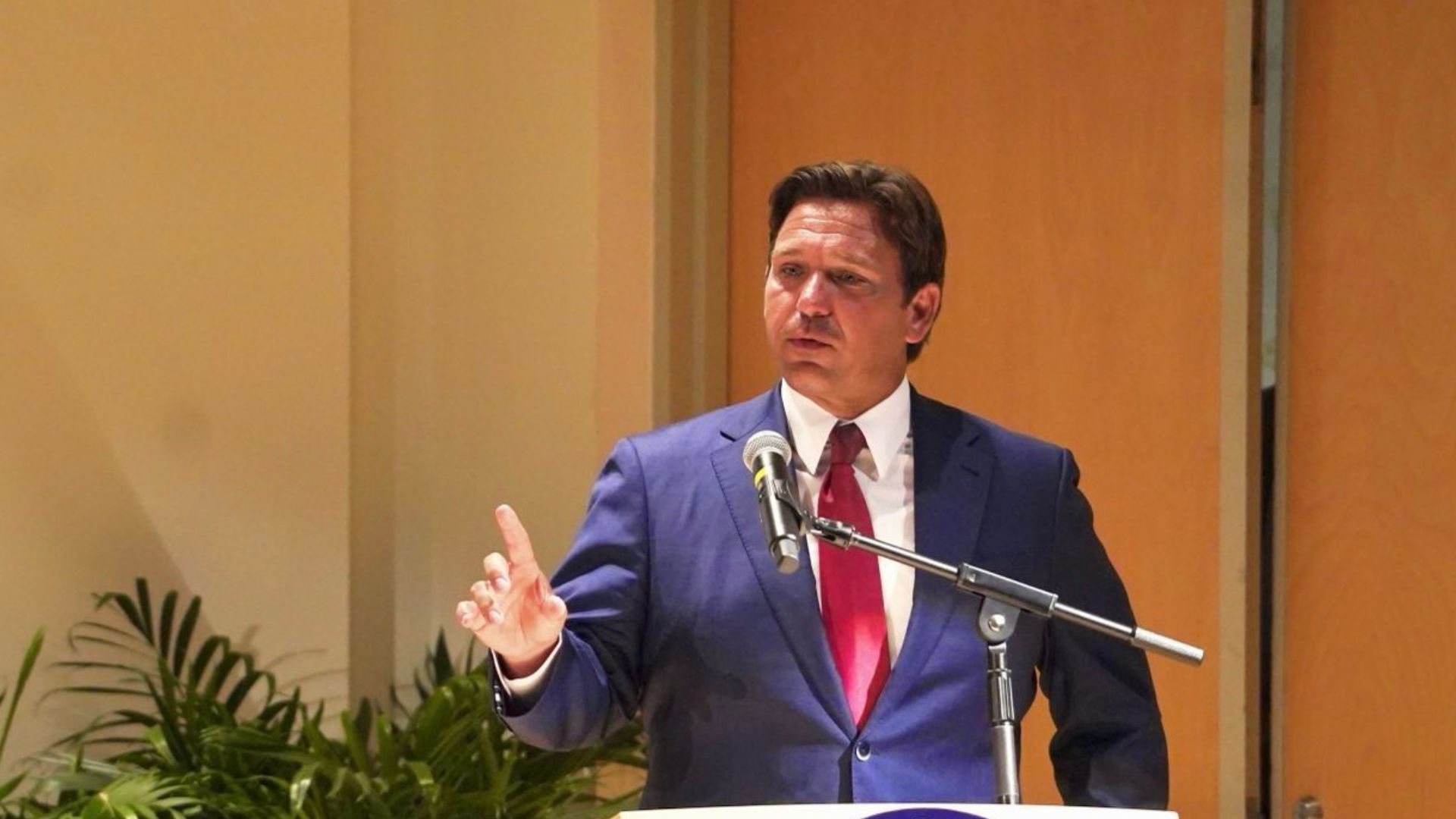
In response to mounting criticism, Governor DeSantis addressed the media, explaining his role and intentions.
He clarified, “I’ve never categorized [it] as me having a grip on anything,” emphasizing that his leadership was about setting agendas rather than micromanaging every detail.
Looking Ahead in Florida Politics
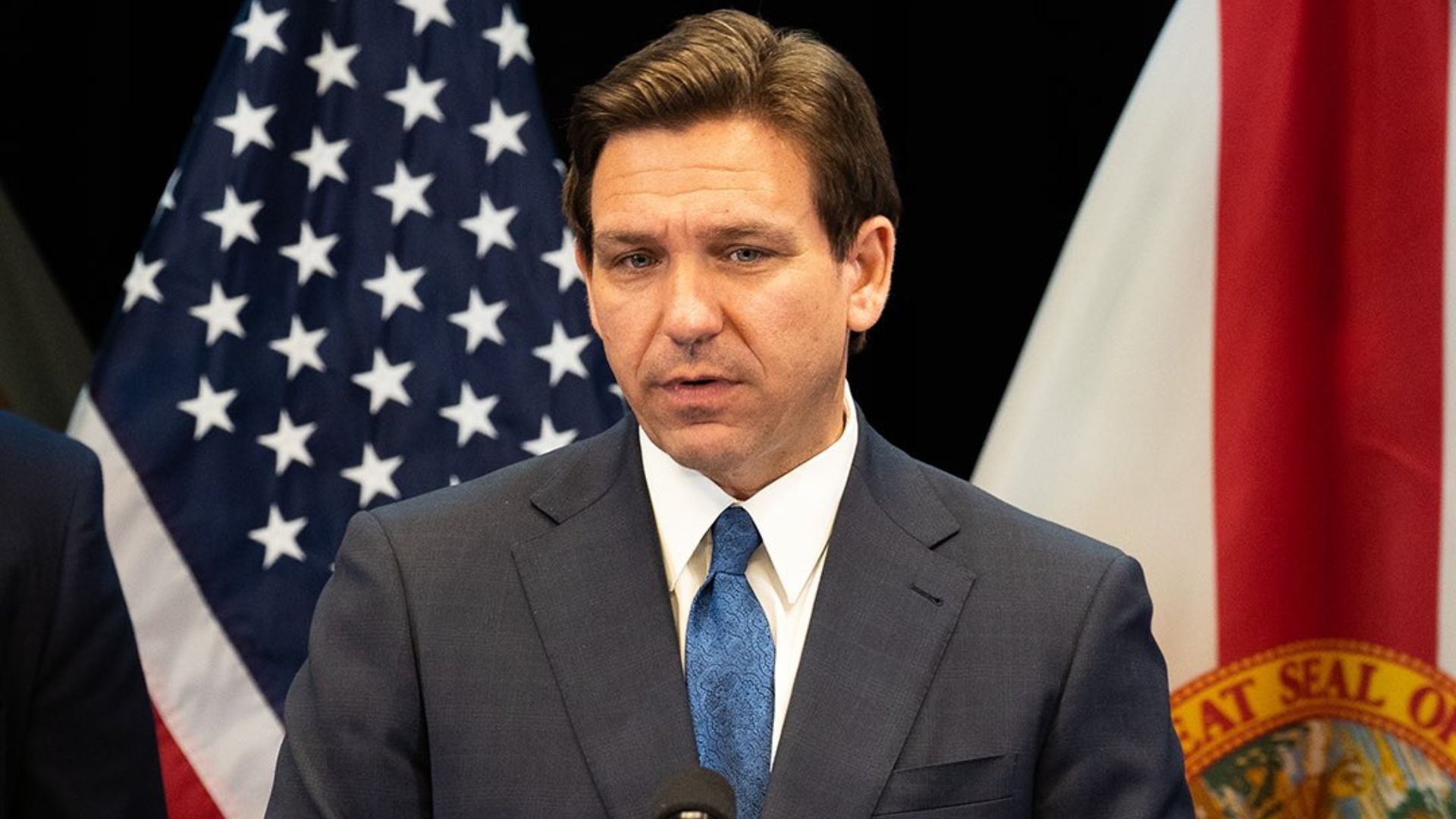
The controversy raised questions about the future of DeSantis’s political career and the broader trajectory of the Republican Party in Florida.
With the governor nearing the end of his term and facing decreased influence, the state’s political landscape appears poised for significant changes. This incident serves as a pivotal moment, potentially reshaping Florida’s political alignment and leadership dynamics.
